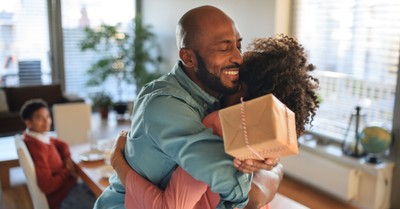
A recent CBS News article claims, in its very title, in fact, to separate “medical facts from misinformation” around so-called “gender-affirming care.” However, rather than separate the facts from the falsehoods, the article peddles lies and half-truths, assuming the conclusions it claims to prove in a thinly veiled piece of progressive propaganda. And that’s about the nicest thing that can be said about it.

















